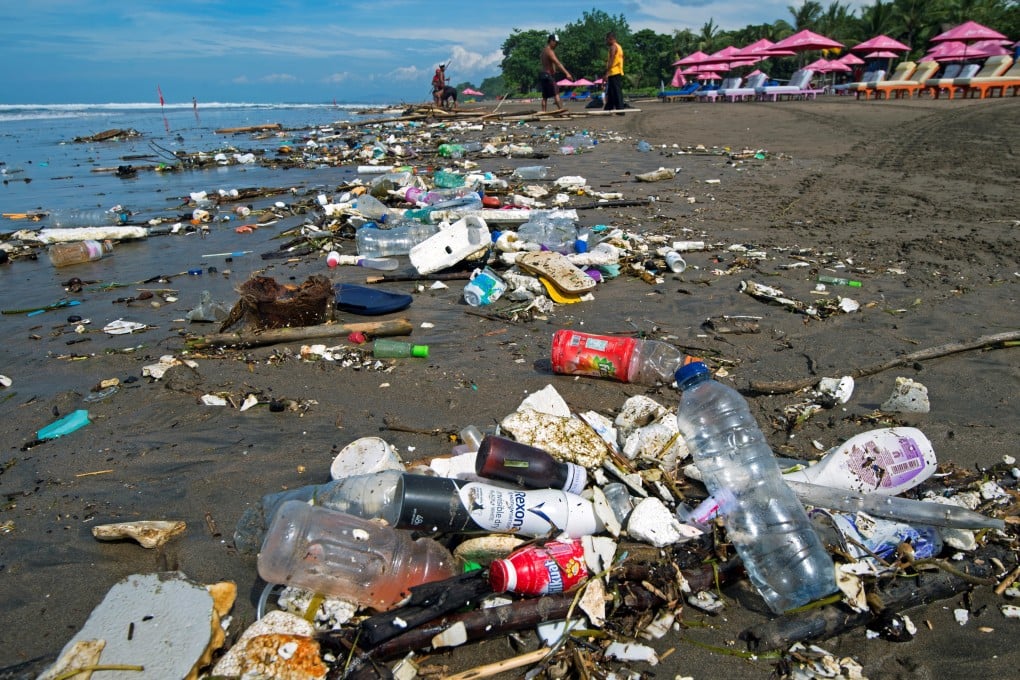How the passion of one man in Bali sustained a 15-year anti-trash movement and changed attitudes on the holiday island
- When Komang Sudiarta returned to Bali in 2005 after years working at sea, he was dismayed at the amount of trash on the beaches
- He started picking up litter, then in 2009 mobilised a mass campaign, Malu Dong. Eleven years later, the effort to retrieve and sort waste is gathering pace

After a long stint abroad working as a waiter on cruise ships, Komang Sudiarta returned to his native Bali in 2005 to find the idyllic Indonesian holiday island swamped with rubbish – endless piles of plastic bags and cigarette butts. He was furious at the sight of trash piled up in temples and blanketing beaches, his favourite haunts as a child.
Undaunted by the mammoth task at hand, Komang began attempting to clean it up. He took matters into his own hands, picking up rubbish by himself, but soon realised he was fighting a losing battle. Dumped by tourists and locals, a never-ending tide of waste appeared and reappeared every day.
Bali sees millions of tourists every year. Ngurah Rai International Airport in Denpasar, for example, saw 6.5 million visitors in 2018 and there were many more domestic arrivals.
More Balinese had to be involved, Komang realised, but one-on-one preaching to individuals was never going to cut it. Getting the message to four million islanders, as well as the never-ending stream of visiting tourists, was a mammoth job. The only way forward was to mobilise a mass campaign.

Today, Komang’s movement has become an important part of Balinese life, with thousands of people from a diverse range of backgrounds taking part over the years – from schoolchildren and teachers, to motorcycle club members and rock stars.
“I am not sitting here content and self-satisfied, but I am proud that this idea we tried to spread has now embedded itself in a new generation, particularly young people and schoolkids,” Komang says. “The people and communities who have taken part in these activities have the same goal as us, which is to clean Bali up and educate more people about this issue.”
